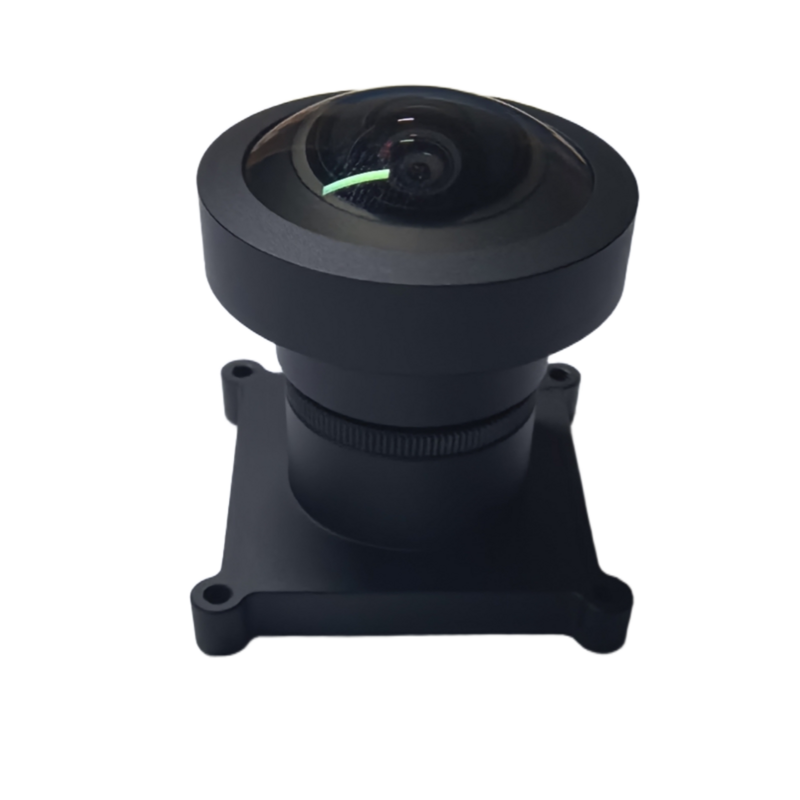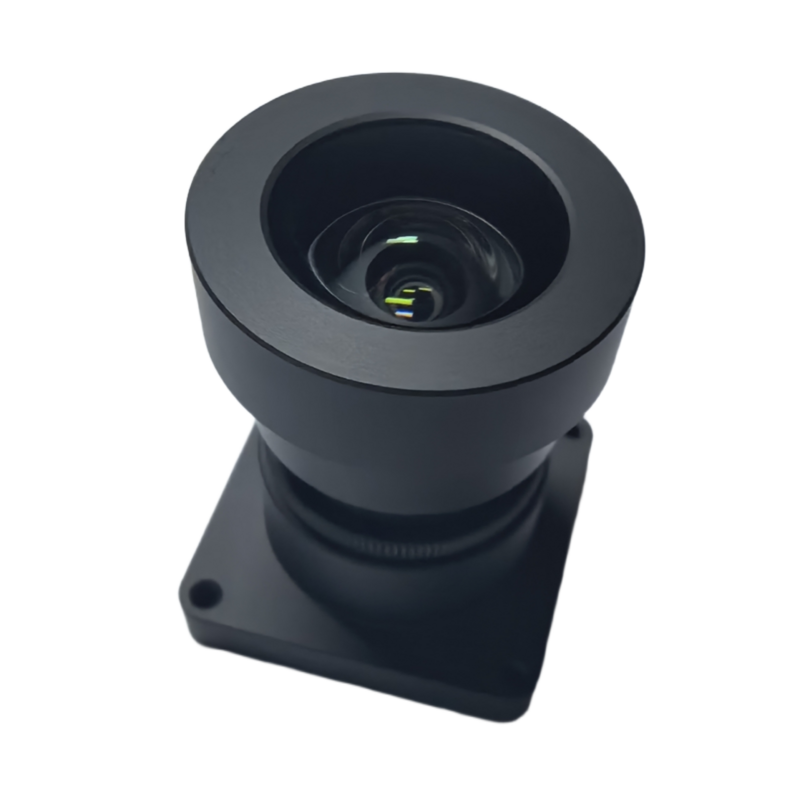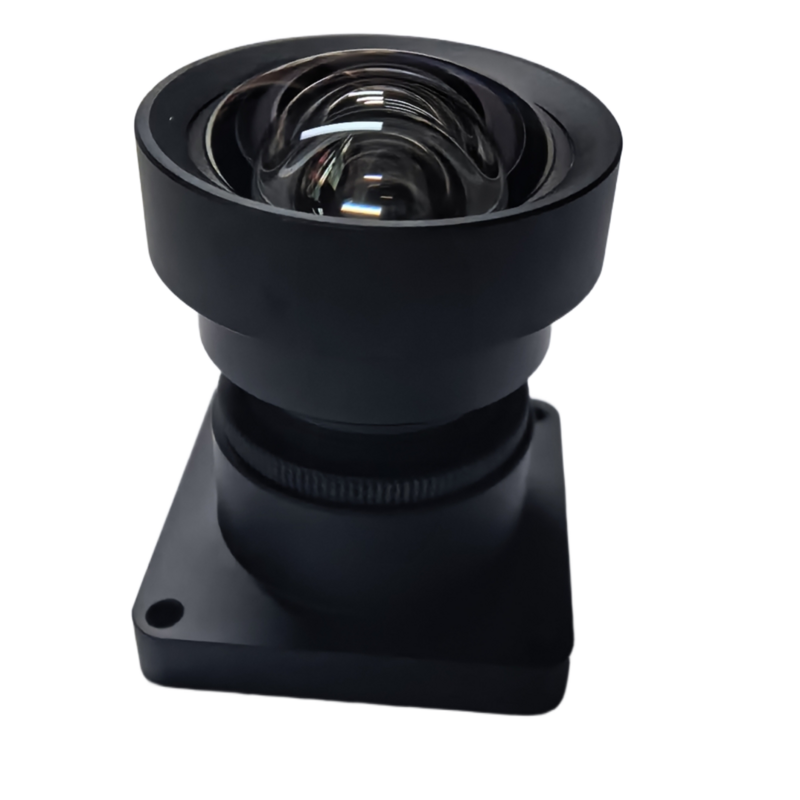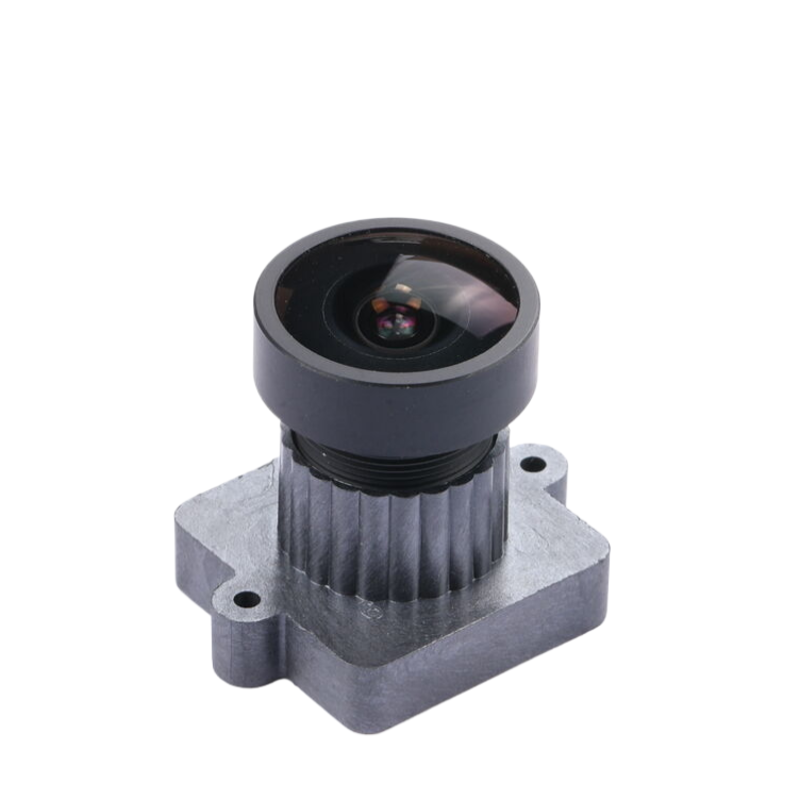Industrial News
Introduction to Vision Inspection Lenses
Vision inspection lenses are transforming quality control and precision inspection across industries like electronics, automotive, and medical manufacturing. These lenses, integrated with high-resolution cameras, offer unparalleled accuracy, speed, and consistency, making them essential for industries that demand flawless quality and efficiency. By capturing minute details, vision inspection lenses help manufacturers identify defects, ensure precision, and enhance productivity—ultimately reducing errors, costs, and time in production.
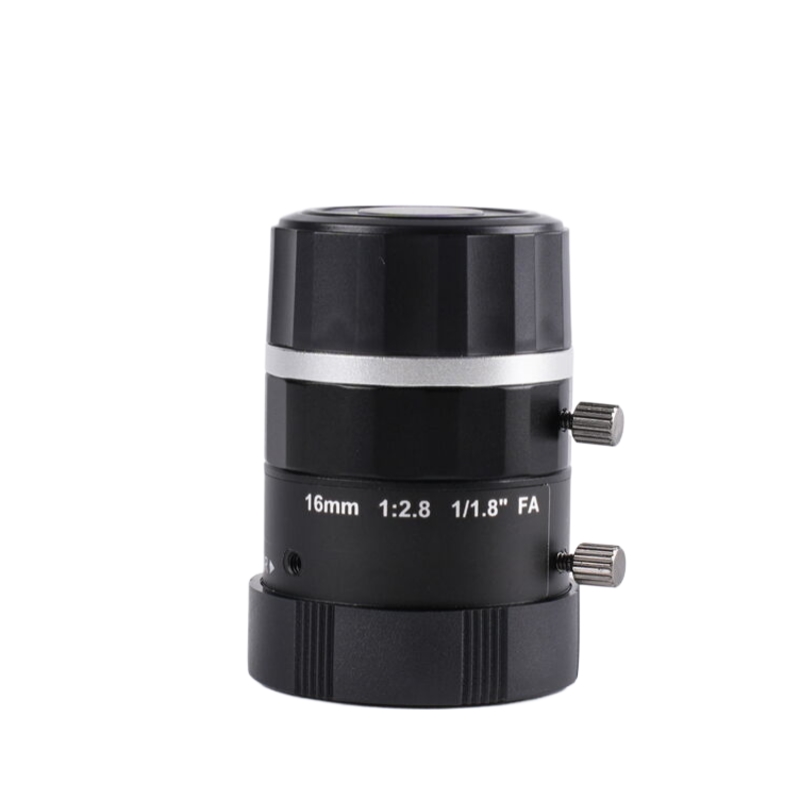
Product Highlights: Precision and Reliability in Every Detail
Vision inspection lenses are engineered to capture minute details with high accuracy, providing crystal-clear images crucial for automated inspection processes. Equipped with features like high resolution, wide field of view, and robust design, these lenses are crafted to work seamlessly with machine vision systems, detecting even the smallest defects. These lenses excel in environments requiring fast, non-contact inspection and are designed to handle various lighting and environmental conditions, ensuring clear, consistent image quality.
Addressing Key Pain Points
In fast-paced manufacturing environments, quality control is essential yet often challenging due to factors such as human error, speed, and precision. Vision inspection lenses offer robust solutions to these pain points by:
Eliminating Human Error: Automated vision inspection with high-precision lenses minimizes the risk of human error, ensuring consistent and reliable quality.
Enhancing Inspection Speed: Vision inspection lenses operate at high speeds, allowing rapid inspection without slowing down the production line.
Ensuring Defect-Free Products: These lenses detect even microscopic defects, preventing defective products from reaching customers and reducing returns and complaints.
Application Areas: Electronics, Automotive, and More
Vision inspection lenses are versatile and highly applicable in various fields:
Electronics Manufacturing: In electronic components, these lenses detect soldering defects, misaligned parts, and surface inconsistencies, ensuring high product quality.
Automotive Industry: Vision lenses help in inspecting components like brake systems, engine parts, and intricate electronic assemblies, guaranteeing both safety and reliability.
Medical Device Manufacturing: Vision inspection lenses verify the precision and cleanliness of medical devices, ensuring compliance with stringent quality standards.
Food and Beverage: These lenses check packaging seals, labels, and surface quality, ensuring safe and defect-free products for consumers.
Product Advantages: Speed, Accuracy, and Versatility
High Precision: Vision inspection lenses deliver images with remarkable clarity and detail, essential for identifying micro-defects that human eyes might miss.
Speed and Efficiency: These lenses enable high-speed inspection without compromising on quality, allowing manufacturers to maintain productivity while ensuring quality.
Versatility Across Applications: Designed for adaptability, these lenses can be used in various industries, adapting to different lighting, speeds, and inspection requirements.
Non-Contact Inspection: These lenses perform inspections without physically contacting the object, preventing potential contamination and damage.
Design Highlights: Built for Consistency and Performance
Vision inspection lenses are designed with the following features to enhance performance in demanding environments:
High-Resolution Optics: Engineered with advanced optics that deliver high-resolution images, these lenses capture fine details crucial for precise inspection.
Wide Field of View: The design allows a broader inspection area, capturing more detail in a single frame and reducing the need for multiple passes.
Durability and Stability: Made from durable materials, these lenses are built to withstand challenging industrial conditions, maintaining stability and reliability over time.
Compatibility with Automation Systems: These lenses are designed to integrate seamlessly with automated systems, maximizing efficiency and minimizing setup time.
Product Value: Improved Quality, Reduced Costs, and Enhanced Reputation
Vision inspection lenses deliver considerable value to manufacturers, offering:
Reduced Waste and Rework: By identifying defects early, these lenses prevent defective products from progressing in the production process, reducing waste and the need for rework.
Lower Operational Costs: Automated inspection reduces labor costs and accelerates inspection speed, leading to overall savings.
Enhanced Product Quality and Brand Image: By ensuring defect-free products, companies can uphold high standards, building a reputation for quality and reliability.
Conclusion
Vision inspection lenses provide manufacturers across various industries with a powerful tool to achieve high-quality standards while minimizing costs and improving efficiency. Their applications in electronics, automotive, and medical device manufacturing demonstrate their versatility and value in precision-driven environments. By investing in vision inspection lenses, companies gain a competitive edge, ensuring product quality, reducing waste, and enhancing operational efficiency—ultimately safeguarding their brand and reputation.
 English
English  German
German Japanese
Japanese Korean
Korean Vietnamese
Vietnamese French
French Spanish
Spanish भारत
भारत
